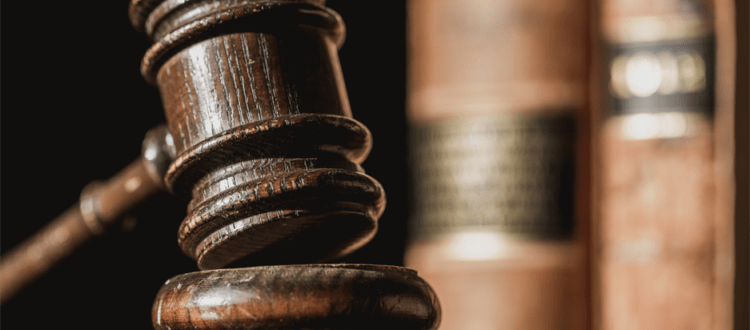Supreme Court Heard Case on Trump’s Travel Ban Today
FOR IMMEDIATE RELEASE:
Contact: Morad Ghorban
Email: morad@45.33.40.89
Phone: (202) 828-8370
Washington, DC – Today, the U.S. Supreme Court held oral arguments on the latest version of the Travel Ban in the Hawaii case. After the first two iterations of Trump’s Travel Ban were halted in the lower courts, the U.S. Supreme Court permitted the third version to go into effect, thereby essentially preventing nationals from Iran, Libya, North Korea, Somalia, Syria, Venezuela, and Yemen from entering the United States.
As you know, PAAIA—in collaboration with IABA and Pars Equality—and with the assistance of their pro bono counsel, Mehri & Skalet and Arnold & Porter, has actively sought to protect the community from the appalling effects of the Travel Ban since its inception. Our coalition filed legal challenges to all three iterations of the Travel Ban in court, in which we emphasized the effects of the Travel Ban specifically on the Iranian American community. Since then, we have worked with senators to obtain the only publicly available information on the devastating effects of the so-called “waiver provisions” of the Ban. And just last month we filed an amicus brief in support of Hawaii and other plaintiffs in today’s oral arguments.
During the hearing, our brief was cited at length and referenced by name multiple times. The stories from people affected by the Ban included in our brief were used to demonstrate its real impact on U.S. citizens and their friends and family abroad. Our brief also pointed out that the waivers permitted under the Ban are rarely being issued which led Justices Ginsburg and Sotomayor to express concern with the waiver provisions’ ineffective implementation. Unfortunately, not all of the Justices were equally swayed by our arguments and it is unclear how the Supreme Court will rule.
It was initially believed that the Supreme Court might find a “compromise” position similar to the “bona fide relationship” requirement it imposed in its decision regarding Travel Ban 2.0 (exempting anyone with a bona fide relationship with a U.S. person or entity). However, the Supreme Court’s subsequent ruling permitting Travel Ban 3.0 to go into full effect while legal challenges continued have called that prediction into question. The Supreme Court will likely be hesitant to issue a ruling constitutionally limiting executive power, especially as to immigration and national security, but justices will also have to face explicit discriminatory statements made by the president about the Travel Ban.
Regardless of how the Supreme Court ultimately rules, our coalition promises to continue to fight the discriminatory policies underlying the Travel Ban, and to mitigate its devastating effects on our community (and others), whether through the courts, advocacy, or legislation.

